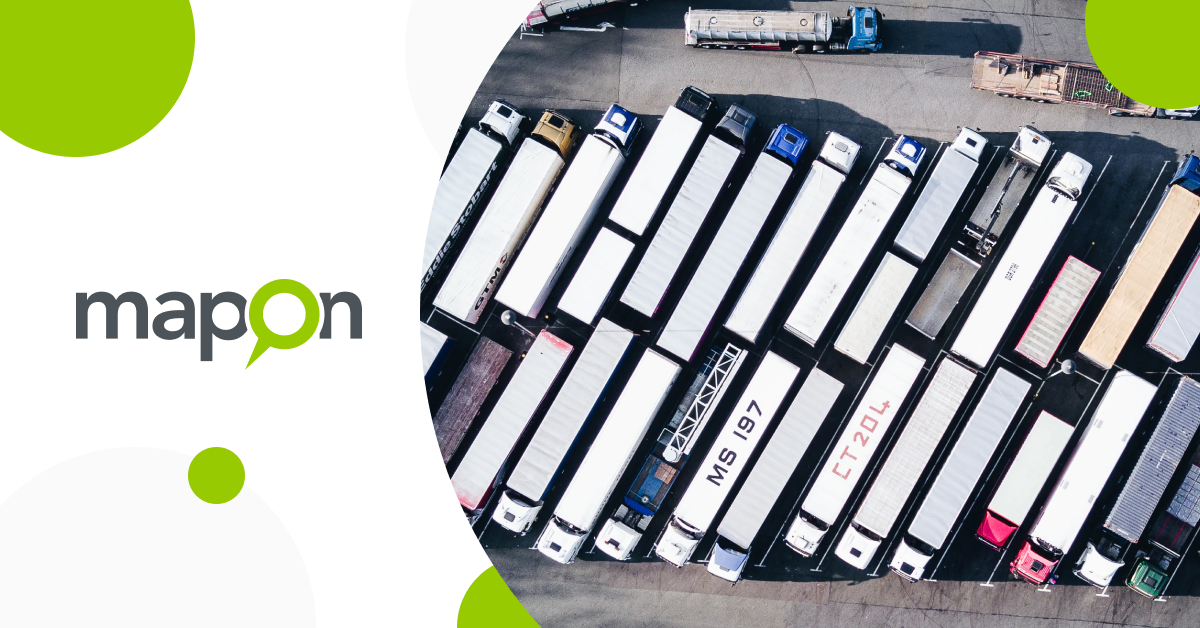You can’t hide from technology – so why not benefit from it?
In our previous blog post we looked at 5 common myths about fleet management systems, and one of those myths was that small fleets don’t need management systems. One point in particular that we discussed was that cell phones are efficient enough to manage a fleet. Today we’ll look at some more detailed research and arguments that show why that might not be true (at least not anymore).
The risks
A Virginia Tech Transportation Institute (VTTI) research showed that almost any usage of a cell phone, from texting to talking via a hands-free system, increases the risk of crashing substantially. Even if the risk is lower when using such tools as bluetooth earpiece it was still 20% higher than normal, however, visual-manual subtasks (such as reaching for the phone, dialing etc.) increases the risk by three times. Another study in the UK (in a form of driving simulator) revealed that both handheld and hands-free mobile phone usage slows down reaction times to road signs. Moreover, drivers using a cell phone had reaction times that were 30% lower than being intoxicated at the legal alcohol limit. These are only 2 out of numerous researches that show that mobile phone usage doesn’t go very well along with driving. By using a fleet management system companies can avoid these risks, save money, and protect their drivers from accidents.
The speed
If we compare the time it takes to find out where 10 trucks of your fleet currently are via cell phone with the time it takes to look that up on a fleet management platform – the results are all in favour of the latter. Lets say it takes 1 minute of conversation to find out where each of 10 trucks is right now, if you add the dialing time, and a variable that accounts for drivers that can’t stop and pick up the phone (as practically everywhere it is legally prohibited to talk via cell phone while driving), plus the time it takes for you to look up the locations on a map – we arrive at around 30 minutes minimum. Using a GPS fleet management system that would take around 5 minutes, or less. So on average fleet managers save 25 minutes per 10 cars, for 100 cars that’s more than 4 hours that could be spent in a more meaningful way.
The innovation
If we are looking at global technological developments in macroeconomic terms, gross domestic expenditures on R&D are growing each year by around 3% (3.6% in 2011 and 2.9% in 2012, according to OECD). What that means is that, broadly speaking, in 2020 our technological world will have changed/developed by roughly 20%. If you want to keep up with the pace and stay competitive, your company should advance technologically at similar rates. You can’t hide from technology, and your competitors definitely won’t, so instead of stagnating – benefit from the innovations.
So we know the fleet management technology is there, and already now it’s performing exceptionally well (if you choose the right service, of course), so why not use it in your favour? The day that almost every transportation company will use telematics systems will come – the sooner you adapt, the sooner you’ll be able to get a competitive edge over competitors. It will be easier for each company with a car fleet to move up to new innovations if it will be using the existing ones. Start now, and start with Mapon – we develop our technology each day, hence you’ll always be up-to-date with our solutions.




